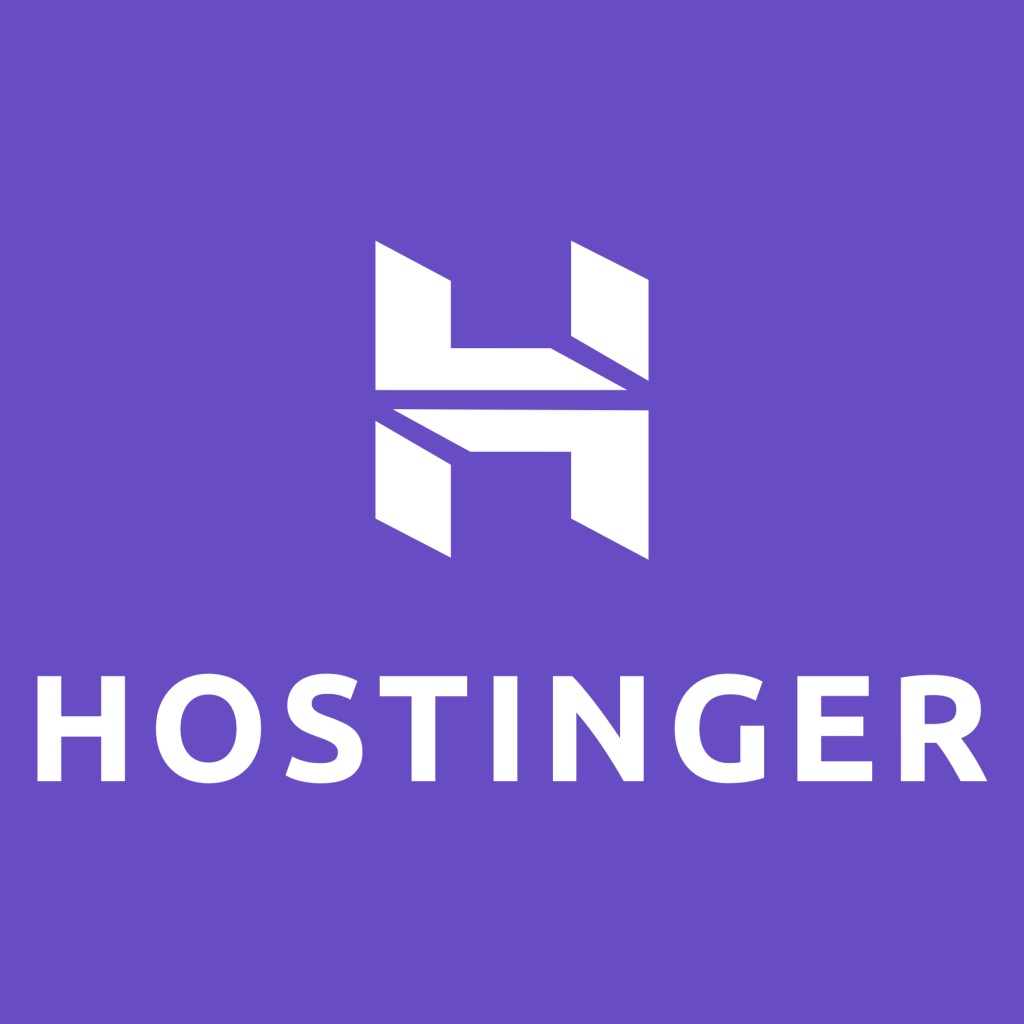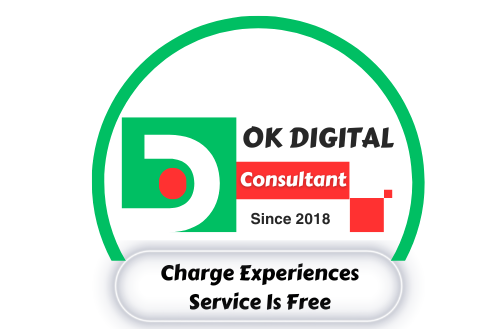liquid web hosting, best web hosting, which is the fastest web hosting provider, web hosting, liquid web wordpress hosting, best wordpress hosting, wordpress hosting, cheap web hosting, nexcess cs liquidweb hosting, hosting, liquid web, nexcess hosting, best web hosting for wordpress, web hosting review, nexcess hosting review, best cheap web hosting, nexcess liquid web, web hosting companies, liquid web vs nexcess, nexcess, liquid web web hosting, managed wordpress hosting,
Introduction Of Which Is The Fastest Web Hosting Provider
In the ever-evolving landscape of web hosting, choosing the right provider for your website can be a daunting task. With numerous options available, such as Nexcess, Namecheap, Hostinger, and Liquid Web, it’s essential to make an informed decision that aligns with your specific needs.
This article aims to provide a comprehensive review of these hosting providers, shedding light on their features, performance, pricing, and customer support. By the end of this article, you’ll be better equipped to decide which one suits your online ventures.
Nexcess: Unveiling the Powerhouse
Nexcess Overview
When it comes to reliable web hosting, Nexcess stands as a formidable contender. Known for its robust infrastructure and commitment to performance, Nexcess caters to a wide range of clientele, from small businesses to enterprise-level websites.
Features and Performance
Nexcess prides itself on offering exceptional features such as automatic scaling, top-tier security, and lightning-fast loading speeds. Its managed WordPress hosting is a favorite among bloggers and e-commerce stores alike, ensuring a seamless user experience.
Pricing
Nexcess offers various pricing tiers to accommodate different budgets. While it may not be the most budget-friendly option, the value it provides in terms of performance and support is unmatched.
Pros of Nexcess Hosting:
- High Performance: Nexcess is known for its exceptional performance and fast loading times, making it an excellent choice for websites that require speed and reliability.
- Managed Hosting: Nexcess offers fully managed hosting, taking care of server maintenance, security, and updates, allowing you to focus on your website’s content and growth.
- Automatic Scaling: Nexcess provides automatic scaling, which means your hosting resources can adapt to traffic spikes, ensuring your website remains responsive during high-demand periods.
- Robust Security: Nexcess takes security seriously, offering features like malware scanning, DDoS protection, and regular security audits to keep your website safe.
- Excellent Customer Support: The company provides 24/7 customer support via various channels, including live chat and phone, ensuring you can get help whenever you need it.
- WordPress Expertise: Nexcess specializes in WordPress hosting, making it an ideal choice for WordPress users. They optimize their hosting environment for WordPress performance.
- Free Website Migrations: Nexcess often offers free website migration services, making it easy to transfer your existing site to their platform.
- Content Delivery Network (CDN): Some Nexcess plans include a CDN, which can significantly improve website loading times for visitors around the world.
Cons of Nexcess Hosting:
- Pricing: While Nexcess offers top-notch services, they are not the most budget-friendly option. Their premium performance comes at a higher cost.
- Learning Curve: Nexcess might not be the best choice for beginners without technical knowledge, as its advanced features may be overwhelming.
- Resource Limits: Some Nexcess plans have resource limits, so if your website outgrows your plan, you may need to upgrade to a more expensive one.
- Limited Data Centers: Nexcess has data centers primarily in North America and Europe, which might not be ideal if your target audience is in other regions.
- No Domain Registration: Unlike some hosting providers, Nexcess does not offer domain registration services, so you’ll need to purchase your domain separately.
- Renewal Costs: The initial promotional pricing may be lower, but renewal costs can be higher, so be prepared for potential price increases.
Namecheap: Budget-Friendly Excellence

Namecheap Overview
Namecheap is a well-known name in the hosting industry, primarily celebrated for its affordable hosting solutions. But does it sacrifice quality for cost-effectiveness?
Features and Performance
Despite its low prices, Namecheap doesn’t compromise on features. It offers a user-friendly interface, free website builder, and solid uptime. However, advanced users might find limitations.
Pricing
Namecheap is undoubtedly the go-to choice for those on a tight budget. It’s perfect for bloggers, beginners, and small websites looking to establish an online presence without breaking the bank.
Pros of Namecheap Hosting:
- Affordability: Namecheap is known for its budget-friendly hosting plans, making it an excellent choice for individuals and small businesses on a tight budget.
- Free Domain: Many Namecheap hosting plans include a free domain name for the first year, which can save you money on domain registration.
- User-Friendly: Namecheap provides a user-friendly interface and straightforward setup, making it suitable for beginners who are new to web hosting.
- Good Uptime: Namecheap offers respectable uptime, ensuring your website remains accessible to visitors without frequent interruptions.
- Free Website Builder: Some Namecheap plans come with a free website builder, allowing you to create a website without extensive technical skills.
- Customer Support: Namecheap provides customer support through various channels, including live chat and a knowledge base, offering assistance when needed.
- 30-Day Money-Back Guarantee: Namecheap offers a 30-day money-back guarantee, allowing you to try their services risk-free.
- Eco-Friendly Hosting: Namecheap is committed to using renewable energy sources to power its data centers, making it an eco-conscious choice.
Cons of Namecheap Hosting:
- Limited Features: While Namecheap’s hosting is affordable, some plans may have limitations in terms of resources and features, which can be limiting for larger websites.
- Performance: Namecheap’s performance may not be as robust as some premium hosting providers, potentially leading to slower loading times for resource-intensive websites.
- Renewal Pricing: The initial promotional pricing for Namecheap hosting plans is attractive, but renewal costs can be significantly higher, so budget accordingly.
- Limited Data Centers: Namecheap has data centers primarily in the United States and the United Kingdom, which may result in longer loading times for visitors in other regions.
- No Managed WordPress Hosting: Namecheap does not offer specialized managed WordPress hosting, which may be a drawback for WordPress users seeking dedicated support.
- Limited Support for Advanced Users: Advanced users and developers may find Namecheap’s hosting lacking certain advanced features and customization options.
Hostinger: Budget-Friendly Excellence

Hostinger Overview
Hostinger is another budget-friendly option that has gained popularity in recent years. With its user-centric approach, it caters to individuals and small businesses alike.
Features and Performance
Hostinger boasts an impressive set of features, including a custom control panel, excellent load times, and a 30-day money-back guarantee. It’s an excellent choice for those seeking value for money.
Pricing
Hostinger’s pricing is competitive, making it an attractive choice for startups and entrepreneurs. Its affordable plans and generous resources make it a strong contender in the hosting arena.
Pros of Hostinger Hosting:
- Affordable Pricing: Hostinger is well-known for its budget-friendly hosting plans, making it an excellent choice for individuals, small businesses, and startups on a tight budget.
- Good Performance: Hostinger offers reliable performance with fast loading times, thanks to its optimized servers and content delivery network (CDN).
- User-Friendly: Hostinger provides a user-friendly control panel and one-click installations for popular applications like WordPress, making it suitable for beginners.
- 99.9% Uptime Guarantee: Hostinger offers a 99.9% uptime guarantee, ensuring your website is accessible to visitors with minimal downtime.
- Free Website Builder: Hostinger includes a free website builder with its hosting plans, simplifying the process of creating and designing websites.
- Multilingual Customer Support: Hostinger provides 24/7 customer support in multiple languages, ensuring assistance is available whenever you need it.
- 30-Day Money-Back Guarantee: Hostinger offers a 30-day money-back guarantee, allowing you to try their services risk-free.
- Scalability: Hostinger’s plans can be easily upgraded as your website grows, providing flexibility and accommodating increased traffic.
Cons of Hostinger Hosting:
- Limited Resources: Hostinger’s budget-friendly plans may have resource limitations, which can be a drawback for websites with high traffic or resource-intensive applications.
- Renewal Pricing: While the initial promotional pricing is attractive, renewal costs can be higher, so it’s essential to plan for potential price increases.
- No Phone Support: Hostinger does not offer phone support, which may be a drawback for users who prefer to communicate via phone.
- Limited Data Center Locations: Hostinger has data centers primarily in the United States, Europe, and Asia, which may result in slower loading times for visitors in other regions.
- No Free Domain: Unlike some hosting providers, Hostinger does not include a free domain name with its hosting plans.
- Advanced Features: Hostinger may lack some advanced features and customization options that more experienced users and developers may require.
- Limited Email Accounts: The number of email accounts included in Hostinger’s plans may be limited, so it’s important to check if it meets your email hosting needs.
Liquid Web: Tailored for Professionals
Liquid Web Overview
Liquid Web positions itself as a premium hosting provider, primarily targeting businesses and professionals with high demands for performance and support.
Features and Performance
Liquid Web’s managed hosting solutions offer unparalleled performance, with features like automatic backups, 24/7 customer support, and a 100% uptime guarantee.
Pricing
While Liquid Web’s services are top-notch, they come at a premium price. It’s an investment for businesses that prioritize reliability and need a hosting provider capable of handling substantial traffic.
Pros of Liquid Web Hosting:
- Outstanding Performance: Liquid Web is renowned for its exceptional performance, with high-speed servers, advanced caching, and content delivery network (CDN) integration, ensuring fast loading times for websites.
- Managed Hosting: Liquid Web offers fully managed hosting, taking care of server maintenance, security, and updates, allowing you to focus on your website’s content and growth.
- 100% Uptime Guarantee: Liquid Web provides a 100% uptime guarantee, assuring that your website will experience minimal to no downtime, which is crucial for businesses.
- Expert Support: Liquid Web boasts 24/7 expert customer support with quick response times, ensuring you receive top-notch assistance whenever you need it.
- High-Level Security: Liquid Web prioritizes security, offering features like DDoS protection, regular security audits, and automatic backups to keep your website and data safe.
- Scalability: Liquid Web’s plans are highly scalable, making it an excellent choice for businesses that anticipate growth and increased website traffic.
- Specialized Hosting: Liquid Web offers specialized hosting solutions for various platforms, including WordPress, WooCommerce, and Magento, catering to specific website needs.
- Enterprise-Level Features: Liquid Web provides advanced features such as load balancing, clustered hosting, and dedicated IP addresses, ideal for larger websites and businesses.
Cons of Liquid Web Hosting:
- Pricing: Liquid Web’s premium hosting services come at a higher cost compared to budget-friendly hosting providers, making it less accessible for smaller businesses and individuals on a tight budget.
- Overkill for Small Sites: For small websites with minimal traffic and basic requirements, Liquid Web’s robust features may be excessive and potentially costly.
- Complexity: Liquid Web’s advanced features and customization options may be overwhelming for beginners without technical expertise.
- Limited Data Center Locations: Liquid Web has a limited number of data center locations, primarily in the United States, which may result in longer loading times for visitors in other regions.
- No Free Domain: Liquid Web does not include a free domain name with its hosting plans, which is a feature offered by some other hosting providers.
- Learning Curve: Using Liquid Web effectively may require a learning curve for users who are new to advanced hosting settings and features.
Conclusion Of Which Is The Fastest Web Hosting Provider

In the realm of web hosting, there’s no one-size-fits-all solution. Your choice should align with your unique requirements and budget.
- If you seek high-performance hosting with managed services and scalability, Nexcess could be your ideal choice.
- For those on a tight budget who still demand decent quality, Namecheap and Hostinger both offer competitive options.
- If you run a business or website with demanding needs, Liquid Web provides top-tier hosting services.
Make your decision wisely, as your web hosting choice plays a pivotal role in your online success.
FAQs Of Which Is The Fastest Web Hosting Provider
1. Is Nexcess suitable for beginners?
Nexcess may be more suitable for users with some technical knowledge due to its advanced features.
2. Can Namecheap handle high traffic websites?
Namecheap is better suited for smaller websites; high-traffic sites might experience limitations.
3. Does Hostinger offer a money-back guarantee?
Yes, Hostinger provides a 30-day money-back guarantee for its hosting plans.
4. What kind of support does Liquid Web offer?
Liquid Web offers 24/7 customer support with a focus on high-level technical assistance.
5. Are there any hidden fees with these hosting providers?
Generally, all these hosting providers are transparent about their pricing, but it’s essential to read their terms and conditions to be sure.
6. What is web hosting, and why do I need it?
Web hosting is a service that allows you to store your website’s files and make it accessible on the internet. You need it to make your website accessible to online visitors.
7. What is the difference between shared hosting and VPS hosting?
Shared hosting shares server resources with multiple websites, while VPS (Virtual Private Server) hosting provides dedicated resources to your website, offering better performance and control.
8. What is uptime, and why is it important for a hosting provider?
Uptime refers to the amount of time a hosting server is operational and your website is accessible. It’s crucial because higher uptime ensures your website is available to visitors without interruptions.
9. Do hosting providers offer website migration services?
Many hosting providers offer website migration services, making it easier to transfer your existing website from one host to another.
10. What is SSL, and do I need it for my website?
SSL (Secure Sockets Layer) is a security protocol that encrypts data transmitted between your website and visitors. It’s essential for security and SEO, and it’s a must if you handle sensitive information.
11. How can I determine the right hosting plan for my website?
Consider factors like your website’s traffic, resources needed, budget, and technical expertise when choosing a hosting plan.
12. What is a domain name, and do hosting providers offer domain registration services?
A domain name is your website’s address on the internet (e.g., www.example.com). Many hosting providers offer domain registration services, allowing you to purchase and manage domain names alongside hosting.
13. What is cPanel, and why is it popular among hosting providers?
cPanel is a web hosting control panel that simplifies server and website management tasks. It’s popular because of its user-friendly interface and robust features.
14. What is a content management system (CMS) , and which hosting providers support popular CMS platforms like WordPress?
A CMS is software that helps you create, manage, and update website content easily. Many hosting providers offer one-click installations for popular CMS platforms like WordPress, Joomla, and Drupal.
15. Can I upgrade my hosting plan as my website grows?
Yes, most hosting providers offer scalability options, allowing you to upgrade your hosting plan as your website’s traffic and resource demands increase.
